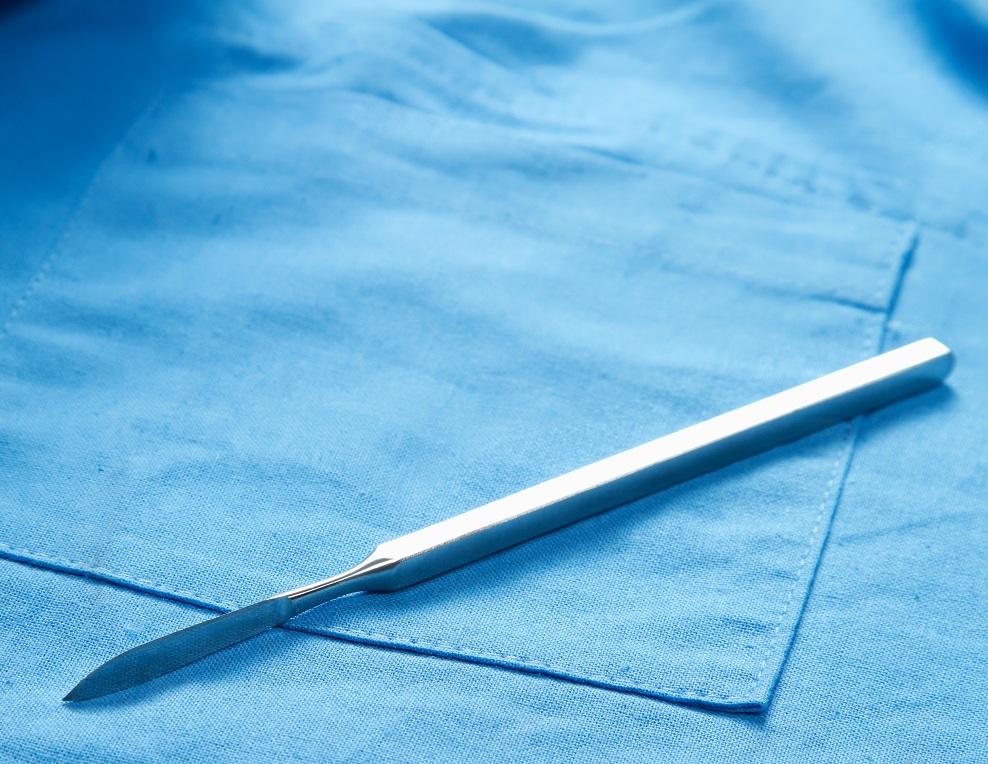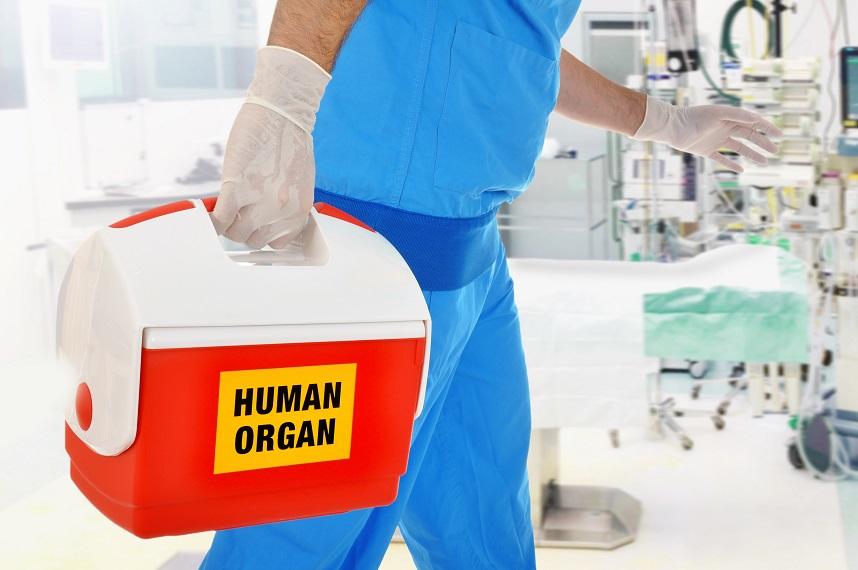Different types of pathologists play important roles in the organ donation process. Immunologists perform tests to ensure the donated organ is a suitable match for the prospective recipient. Histopathologists can rapidly investigate lesions found in donated organs to see if they are still suitable to transplant. Pathologists performing autopsies also work alongside the Coroner (in England and Wales, and Northern Ireland) or the Procurator Fiscal (PF; in Scotland) to try to allow organ donation in people whose deaths require further investigation.
Deceased Organ Donors
In the United Kingdom about two-thirds of donated organs come from people who have diedi. Some of these donors require further investigations to find the cause of death. These people are referred to the Coroner or PF who has a legal responsibility to investigate. The Coroner or PF cannot ‘consent’ to donation, but they can refuse permission if they believe it may prevent appropriate investigation.ii iii
Tissue donation does not normally interfere with death investigation, so it may still be possible to donate corneas, skin, bones and tendons.
Balancing Responsibilities
Every year there are eligible deceased donors who are unable to donate organs. There are many reasons for this including infection and family members changing their mind. Coroners and PFs follow guidance to allow organ donation when possibleiv v but each year an average of 34 (6%) potential eligible donors cannot have their organs transplanted because the Coroner or PF did not give permissionvi. An important reason for refusing organ donation is to allow an autopsy to take place.
In the United Kingdom about two-thirds of donated organs come from people who have died.
Facilitating Organ Donation
The need for an autopsy does not always prevent organ donation. The Coroner or PF may discuss options with the pathologist who will perform the autopsy. They may be able to suggest which organs require examination based upon the information provided by the team caring for the potential donor. For example, following a head injury it may be possible to allow all organs to be donated, whilst if the death is unexplained it is generally necessary to at least examine the heart and lungs.

The Royal College of Pathologists has issued guidelines for performing autopsies after donation. These offer guidance to determine the cause of death and identify issues that may be relevant to the people who receive the donated organs or tissuesvii. Tissue donation does not normally interfere with death investigation, so it may still be possible to donate corneas, skin, bones and tendons.
Injuries and Potential Prosecutions
A police investigation does not mean organs or tissues cannot be donated. There is an understanding that the Coroner will discuss the possible donation with the police officer in charge of the investigation and, if necessary, the on-call forensic pathologist. Forensic pathologists do the autopsies related to criminal investigations. In these circumstances the cause of death is often known, but it is also important to assess injuries and the significance of disease. The process of retrieving donated organs or tissues can cause changes that can be mistaken for injuries or change the appearance of real injuries. This problem may be reduced if the forensic pathologist and the police can examine the person before organ retrieval, and if the organ retrieval team carefully documents their findings.

Final Thoughts
By working together pathologists, the Coroner or PF, and the transplant team can help people donate organs and tissues, even if they need an autopsy.
References
iNHS Blood and Transplant. Organ Donation and Transplantation. Activity Report 2018/19.
iiHH Judge Mark Lucraft QC. Chief Coroner Guidance No. 26 – Organ Donation. 1 December 2017.
iiiThe Scottish Government. Agreement between Crown Office and Procurator Fiscal Service and The Scottish Donation and Transplant Group In regard to Organ and Tissue Donation. December 2017.
ivHH Judge Mark Lucraft QC. Chief Coroner Guidance No. 26 – Organ Donation. 1 December 2017.
vThe Scottish Government. Agreement between Crown Office and Procurator Fiscal Service and The Scottish Donation and Transplant Group In regard to Organ and Tissue Donation. December 2017.
viNHS Blood and Transplant. Organ Donation and Transplantation. Activity Report 2018/19.
viiGallagher PJ, Chandrasekar A, Forsythe J, Murphy PG, Urankar K, Ushiro-Lumb I. Royal College of Pathologists. Guidelines on autopsy practice: Autopsies after tissue and organ donation. G176. 2019.

